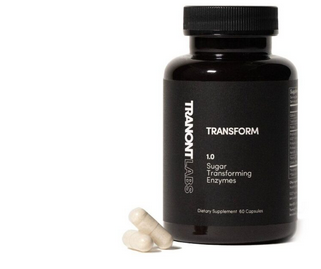Achieving success in sports goes beyond mastering physical skills and mental strategies. A significant factor that contributes to an athlete’s triumphs is the nutrition strategy they embrace. The question often arises: is there a specific “athlete’s diet” to follow? Dr James Morales will discuss the factors that make an athlete’s diet unique and versatile.
The Foundation: Common Principles of Athletic Nutrition
Though the specifics of an athlete’s diet may vary, the foundation is built on some common principles. Dr James Morales These overarching guidelines ensure that athletes receive the fuel and nutrients necessary to excel in their chosen sport:
• Prioritizing a balance of macronutrients – Protein, carbohydrates, and fats are essential for athletes to perform at their peak.
• Including micronutrients – Vitamins and minerals play a crucial role in physiological functions, recovery, and overall health.
• Emphasizing hydration – Proper fluid intake is vital for maintaining body temperature, cognition, and overall performance.
• Structuring meal timing – Planning pre- and post-workout meals and snacks can optimize energy levels, recovery, and overall performance.
Individuality: Factors that Influence an Athlete’s Diet
• Type of Sport – The dietary needs of athletes can vary significantly based on their sport. Endurance sports, such as distance running or cycling, demand higher carbohydrate intake for sustained energy. Conversely, strength or power-based sports, like weightlifting or shot put, may necessitate increased protein intake for muscle recovery and growth.
• Training Volume and Intensity – The amount and intensity of an athlete’s training affect their nutritional requirements. A higher training volume or intensity implies greater calorie and nutrient needs to fuel performance and recovery.
• Body Composition Goals – Athletes aiming to lose, gain, or maintain their body weight or muscle mass must adjust their calorie intake and macronutrient ratios accordingly. For instance, a weightlifter looking to increase muscle mass may prioritize protein intake and consume more calories.
• Age, Gender, and Genetics – Dr James Morales Lastly, an athlete’s age, gender, and inherited traits also play a role in determining their dietary needs. For instance, caloric requirements and macronutrient ratios can differ between male and female athletes.



